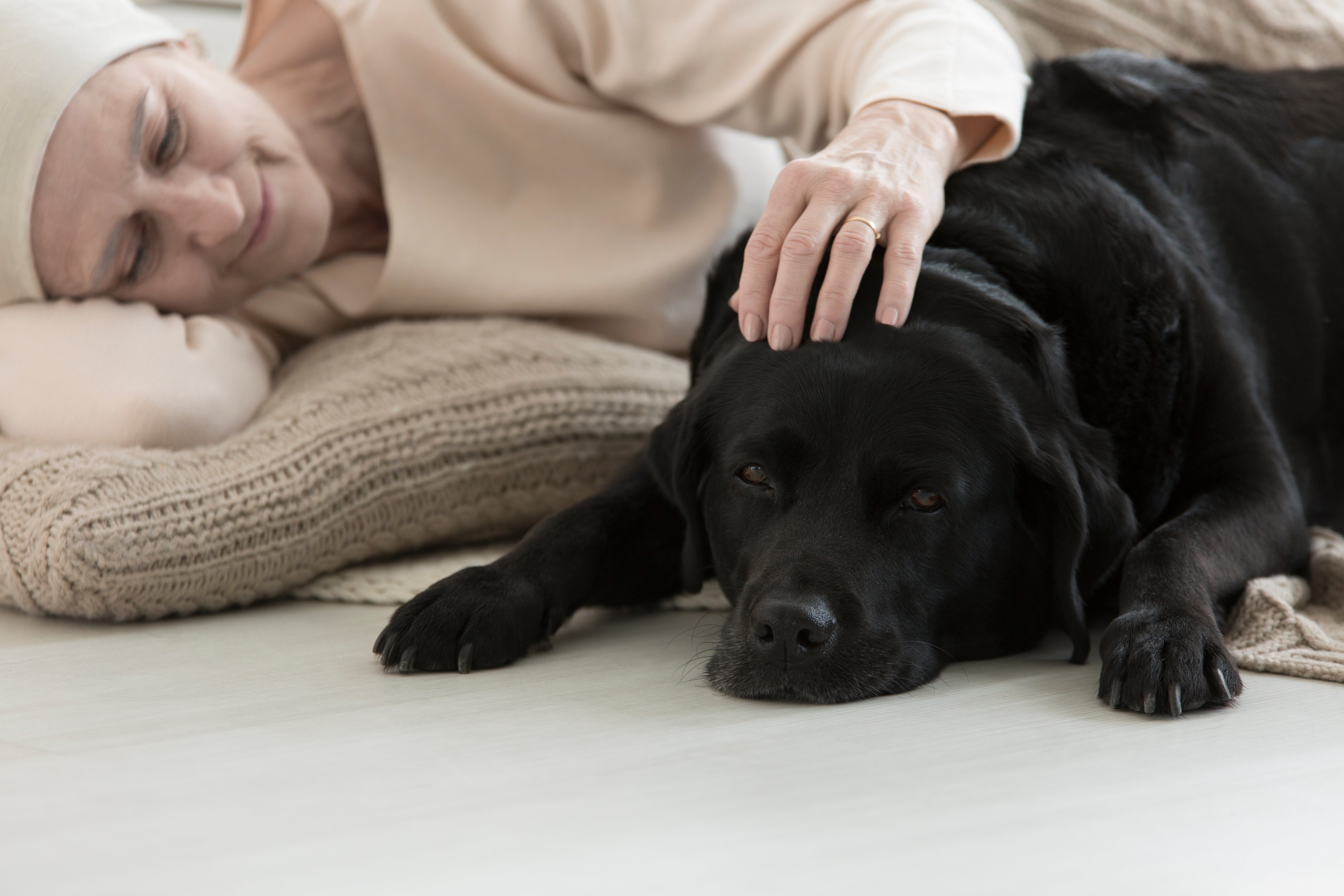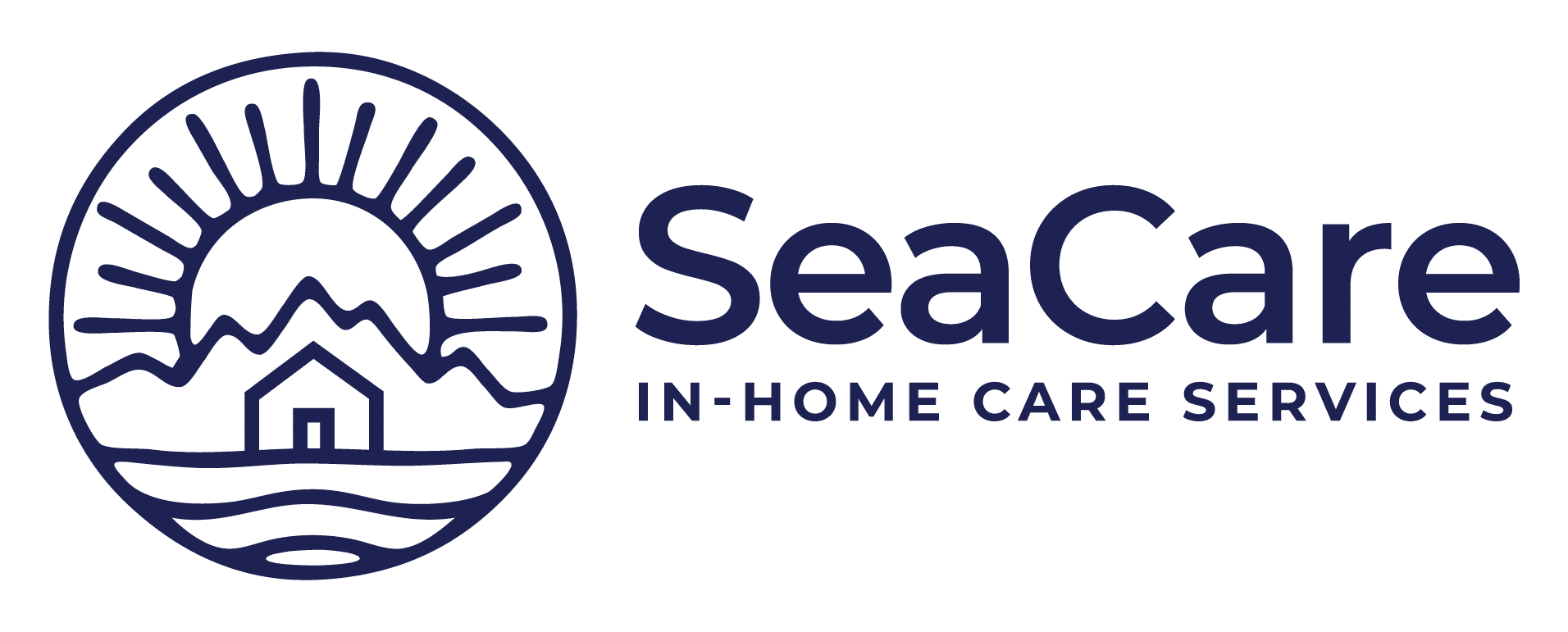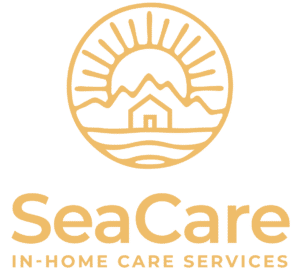Breast cancer awareness can be a lifesaver for seniors and caregivers
by Katie Wright | Oct 20, 2021 | family support, caregivers for breast cancer | 0 Comments

October is Breast Cancer Awareness Month. There’s a lot of pink around, like those ribbon loops you see everywhere.
Pink products and packaging might be good reminders, but real breast cancer awareness should be more than a marketing strategy for retailers. It ought to be a genuine movement to educate, one that focuses on what you need to know for your health.
If you’re an older woman, get to know your risks because breast cancer is the most common type of cancer diagnosed in females. The more you know, the better your chances of preventing and surviving this disease.
This is a sobering fact: your risk of developing breast cancer increases as you age. According to the Dana-Farber Cancer Institute, 30% of breast cancer patients in the United States are age 70 or older. And most breast cancer diagnoses occur for women over the age of 50.
It’s ironic that in middle age when many family caregivers are called upon to assist older relatives, the breast cancer risk increases for both groups. But the good news is that breast cancer death rates have fallen in the past several decades. Early detection, more sophisticated screening, and better treatment have made a significant difference.
In a future article, we’ll cover the special challenges facing caregivers of patients with breast cancer. Today we’ll look at some realities of the disease along with ways to improve your chances of surviving it.
In another blog we cover the special challenges facing caregivers of cancer patients. Today we’re looking at some realities of breast cancer along with ways to improve your chances of surviving it.
Breast cancer prevention: Can older women reduce their risk?
The short answer is yes.
Many factors affect whether you’re likely to develop breast cancer. Some are within your control and some are not.
Some things are out of your hands
Your race and your family history — two risk factors you cannot control — both affect your chances of getting breast cancer. White women are somewhat more likely to develop it than Black, Asian, Hispanic, or Native American women.
A woman whose mother, sister, or daughter was diagnosed with breast cancer might have a higher risk of developing it. This risk may be attributed to the presence of abnormal genes, such as BRCA1 or BRCA2 — also referred to as breast cancer susceptibility genes. Note that while these mutant genes may increase your risk, they are not the cause of breast cancer.
Read more about risk-reduction options for women with a family history of breast cancer, including testing, hormonal therapy medication, and protective surgery.
Another factor you cannot control is your age. The older you get, the higher your risk of developing breast cancer. But it’s never too late to adopt lifestyle habits that can improve your general health and decrease the risk. A baseline of better health may also improve your chances of recovery if you are diagnosed.
If you’ve reached your 70’s and beyond, age becomes a more serious factor. If you’re a younger caregiver in your 30’s, 40’s, or 50’s, adopting healthy habits can have a more significant impact.
There are many things you can do
Here are some ways you can lower your overall risk of breast cancer.
Learn about early detection. Many forms of cancer cells can grow rapidly and spread to other parts of the body. Early detection is vital to successful treatment.
Get regular mammograms. Mammography imaging is the most effective tool available for detecting breast cancer. Improvements in digital technology have increased the detection rate for early-stage cancer. 3D mammography has been shown to be particularly useful for older women. (Medical Express, 04/2019)
Practice self-exams and get breast physical exams. Plan to do a breast self-exam regularly, paying close attention to the size, shape, and color of your breasts, and whether you notice any changes in their appearance such as redness or puckering. See your doctor for a breast physical exam every year, or more often if your self-exam reveals a concern.
Make lifestyle changes. Adopting healthy habits is an essential part of disease prevention. It becomes more important with each passing year. These suggestions apply to everyone, whether or not you have a cancer diagnosis.
- Stop smoking. Smoking is not only linked to your risk of breast cancer, it may also cause complications if you need cancer treatment. These include lung damage from radiation therapy and slower rates of healing following surgery.
- Limit alcohol consumption. Alcohol affects levels of estrogen linked to certain types of breast cancer and may also damage cell DNA. Reducing alcohol consumption can be a good move for your overall health.
- Exercise regularly. Exercise makes a positive difference, particularly for those who have already made a habit of it. Regular exercise helps to control blood sugar and limit blood levels of insulin growth factor, a hormone that impacts the growth of breast cells, according to breastcancer.org. If you’re undergoing cancer treatment, your habit of exercise may help stave off side effects. If you haven’t been regularly exercising, start now and start slowly.
- Maintain a healthy weight. Obese and overweight women are more likely to develop breast cancer and to experience a recurrence of it. Fat cells create estrogen, which can lead to certain types of the disease. Belly fat in particular seems to present a higher risk.
- Eat nutritious foods. Whether you’re trying to lose weight or maintain a healthy weight, choosing fresh, whole, non-processed foods are best. Nutritious meals can also make a positive difference in chronic conditions such as diabetes and heart disease.
- With your doctor’s guidance, re-evaluate use of hormone replacement therapy (HRT). Current or past use of HRT can increase breast cancer risk, but this depends on the type used (estrogen-only or combination) and the duration of use. Talk with your doctor. Post-menopausal use of HRT has declined over the past 20 years since studies linked it to an increased cancer risk.
How effective is breast cancer treatment for senior women?
Since successful cancer treatment relies on your overall health, the answer depends in part on the status of your current health. According to the Susan G. Komen organization, if you’re a woman over age 70, you’re at the highest risk for developing breast cancer.
If you’re older, it matters. It’s important to consult with your doctor and ask plenty of questions.
Health challenges increase as you age. The biology of breast cancer cells can differ greatly from a younger person to an older one, which is also true for other diseases.
Health conditions common in older people can complicate treatment for breast cancer. As a function of age, older bodies experience changes in the health and function of kidneys, skin, and other organs. Radiation and chemotherapy are not always easily tolerated by older adults with some chronic diseases and less than optimal health.
- Aggressive treatment in some cases might cause conditions to worsen.
- Heart health and blood pressure can be negatively affected by cancer treatment.
- Bone health in those at risk for osteoporosis can be impacted by treatment.
- Cancer treatment often affects appetite and a person’s ability to follow a nutritious diet, which can be problematic for everyone, but especially those with diabetes.
Caregivers may observe that memory loss can be problematic for cancer treatment because of confusion and difficulty remembering treatment-related things such as appointments or medications.
If you are diagnosed with breast cancer, it’s vital for you to continue managing and treating other health conditions you may have. Some pre-existing medical concerns may make you question whether to aggressively treat your cancer. Treatment side effects might affect your quality of life.
Do some research before you decide. If you see multiple doctors, it’s important that your care be coordinated to avoid having one treatment interfere with another. A health care provider experienced in geriatric assessment can offer special guidance if you are confused about the best course of treatment.
Learn more about cancer care management at Cancer.Net.
Know the resources for seniors and caregivers
Breastcancer.org offers excellent downloadable pamphlets on the biology of breast development, why breast cancer is a public health problem, how modern life affects breast cancer risk, and 31 risk-reducing steps you can take.
The YMCA of Greater Seattle offers programs to help adult cancer survivors.
Seattle Cancer Care Alliance at https://www.seattlecca.org/about includes a section of support for family/caregivers.
Find transportation in King County for senior cancer patients at Cancer Lifeline.
Count on your friends at SeaCare to support your and your loved one’s journey toward healthy living. Contact us today.
Katie Wright writes about aging and senior wellness from Bellingham, WA. You can read more about her here.
If you or a loved one you know are looking for additional support during this time and are interested in scheduling a free in-home assessment, please contact SeaCare In-Home Care Services today! A SeaCare family member is standing by. 425-559-4339.



0 Comments